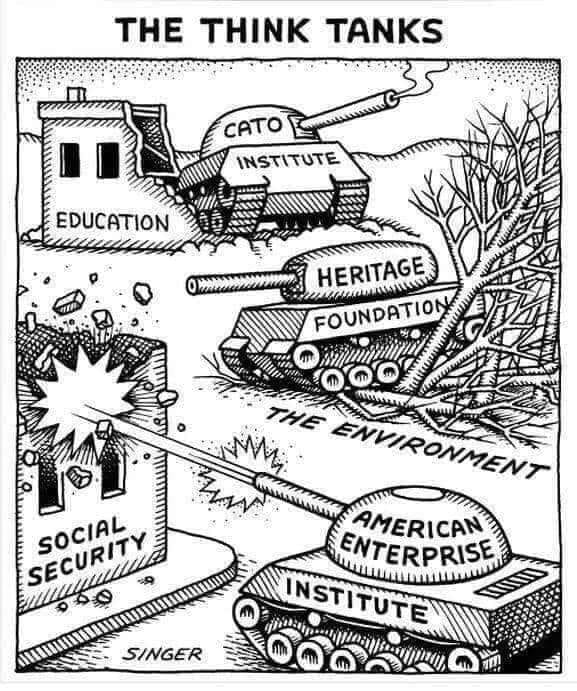We still have not found our way out of the mess of stepping away from the #mainstreaming #dotcons. For meany people, the current #dotcons social media isn’t about genuine communication or community, it’s about delivering digital drugs. Platforms like #Facebook, #Instagram, and #TikTok thrive by exploiting addictive design patterns, keeping people and communities hooked with endless dopamine hits to fill the holes in their empty lives.
This addiction is why many people struggle to stay on native #openweb social media platforms. These alternatives, built with #4opens, lack the engineered “highs” of the #dotcons. Without the “fix” of notifications, likes, and algorithmically curated content, people feel withdrawal and gravitate back to the platforms designed to exploit learned dysfunctional impulses.
The challenge of needed real meaningful outreach on the #openweb, is to address this addiction cycle. As a first step, it’s not enough to offer better tools or ethical platforms; we need to actively incorporate digital drug detox into the user experience (#UX). This means, designing for intentional use, replacing infinite scrolling, endless notifications with features that encourage creative and mindful engagement. Rebuilding reward systems on genuine connections, creativity, and learning instead of shallow metrics like likes and shares. Educating people to recognize and break free from the addictive patterns that hold the #dotcons in place.
A detox-focused UX for the #openweb is shifting focus from passive content consumption to active participation in meaningful communities. This path is core to breaking free from digital addiction, it is no small task, but it’s needed for any sustainable future. Our outreach of the #openweb can lead to this shift, offering not just an alternative, but a detox from the digital drug cycle that defines #mainstreaming social media mess.

A detox-focused UX for the #openweb isn’t about another shiny platform. It’s about breaking addiction. The #dotcons are digital drugs: infinite scroll, dopamine loops, algorithmic junk food.
#Bsky is digital methadone – a softer addiction, but still dependency.
The #Fediverse is cold turkey – messy, uncomfortable, but the only real way out.
The shift is from passive consumption, to active participation. From being fed content, to tending relationships, building meaning, and shaping our own media environment. Detox is not easy, but it’s the only path to collective social and environmental health.
